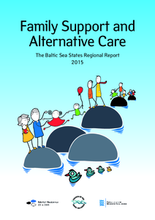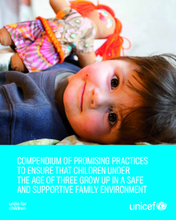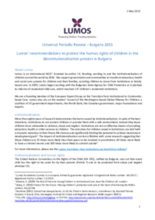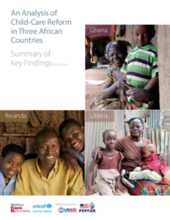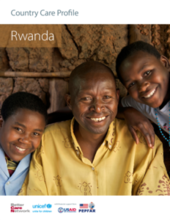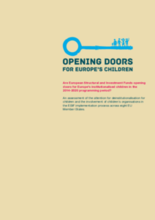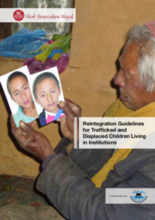Displaying 381 - 390 of 691
This report was developed as part of a mapping study aimed at analysing the situation of alternative care and family support in the Baltic Sea Region, assessing the achievements since the 2005 Ministerial Forum and identifying relevant opportunities and challenges for the future.
This Compendium is a compilation of the most encouraging initiatives in the area of prevention of child abandonment and relinquishment that have been implemented and tested in the CEE/CIS region.
In this paper, Lumos reviews Bulgaria’s national strategy on deinstitutionalisation, adopted in 2010, and provides recommendations for ensuring the rights of children in the process.
The organizations profiled in these case studies have pioneered effective transitions from residential to family-based care.
This report summarizes the care-reform process of three sub-Saharan African countries – Ghana, Liberia and Rwanda.
This country care profile provides an overview of key lessons learned in the children’s care reform process in Rwanda, including successes, challenges and areas for progress, and gaps in learning and best practice.
This report is based on the outcomes of a survey addressed to eight National Coordinators of the Opening Doors campaign. It aims to assess the extent to which EU Member States have used ESIF to catalyse child care systems reform.
This review discusses the worldwide phenomenon of child institutionalisation and assesses scientific evidence on the developmental effects of early institutional care.
This document provides guidelines to reintegrating trafficked and displaced children in Nepal, based on the approach and methodology developed and utilized by Next Generation Nepal (NGN) and The Himalayan Innovative Society (THIS).
These virtual study visit resources from Lumos have been developed for those professionals and policy makers who are involved in the transition from institutional to community and family-based care.

